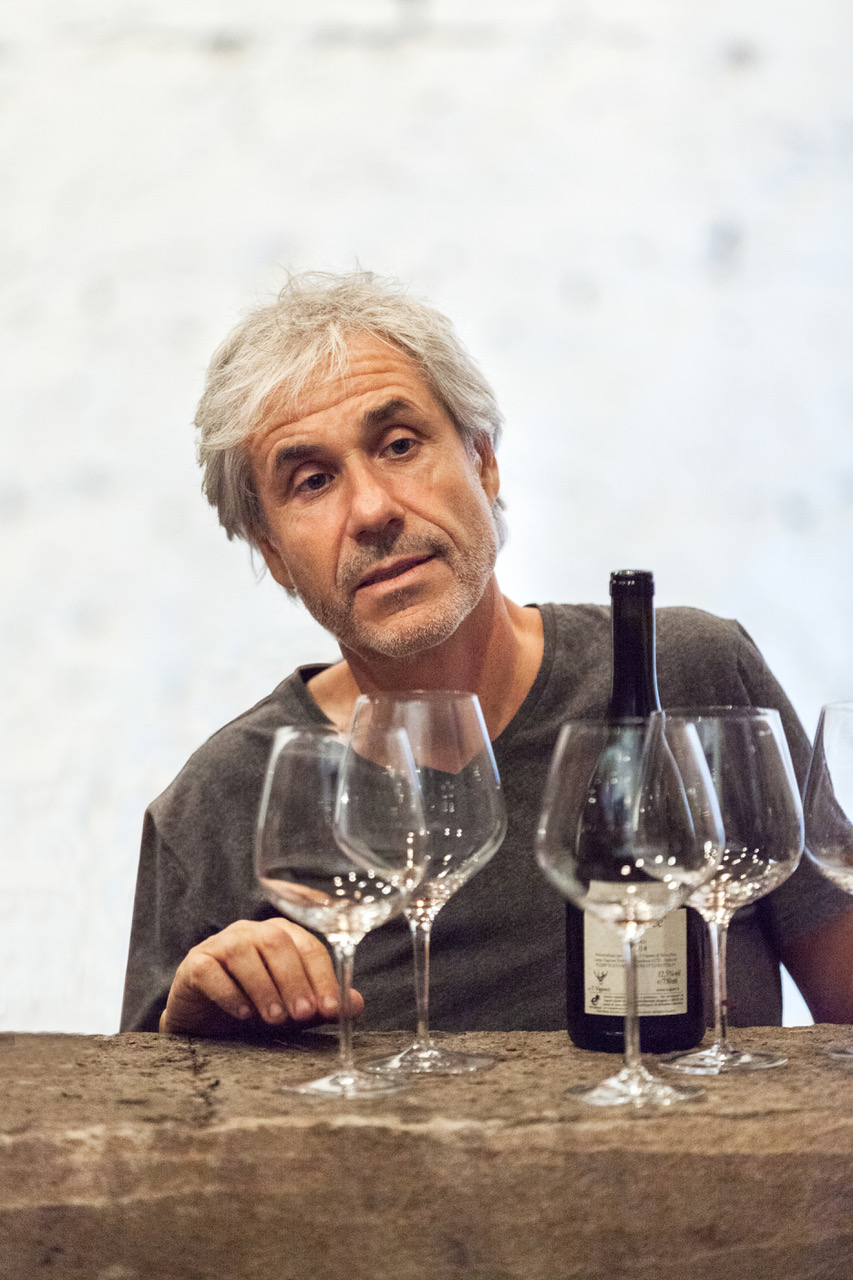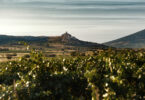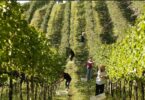Credits: Salvo Foti
There are territories of our Peninsula which, thanks to Mother Nature, have been endowed with unique pedoclimatic conditions, which have made it possible to produce truly excellent products.
The creation of similar pre-eminences passes from the work and studies of enlightened figures, thanks to what the terroir has made available to them, they have given a value and reached peaks of perfection unknown until a few years ago.
Salvo Foti, born in Catania in 1962, is a leading figure in the enhancement of the production of Etna wines. It is thanks to women and men, like him, that Etna wines have become a splendid reality of the Italian wine scene, known all over the world. A life dedicated to oenology, not just activities in the cellar and in the vineyard, but also lectures and publications of books: a life dedicated in its entirety to viticulture in all its aspects.
For the review visit Piero Pardini Wine Reviews.








